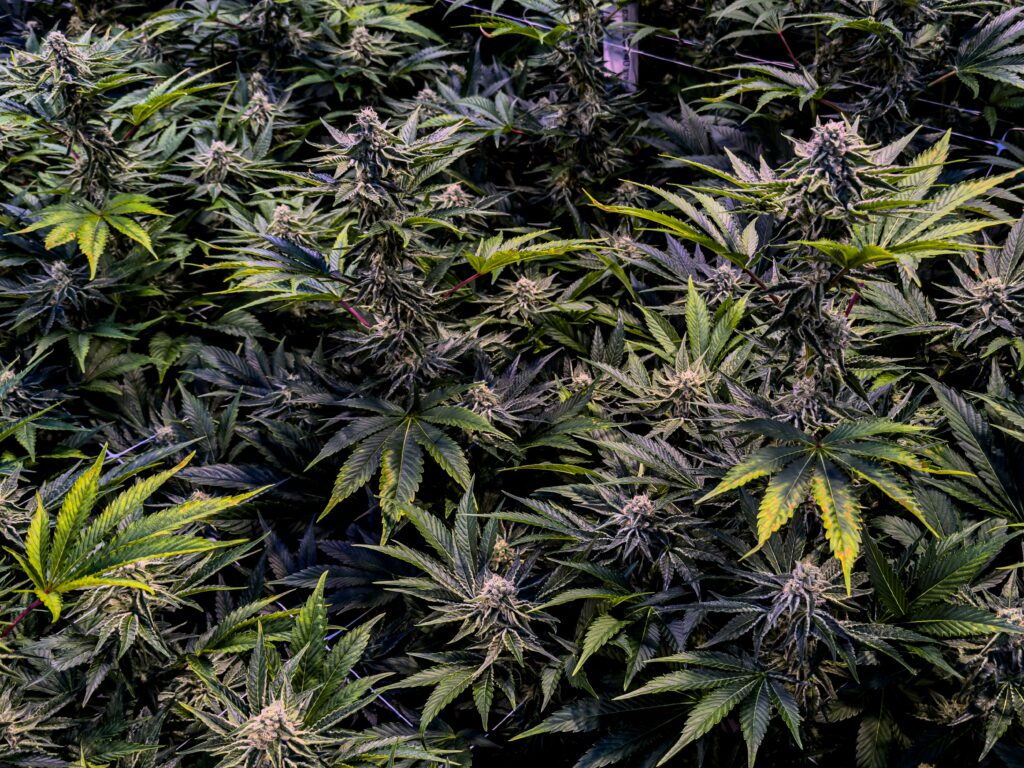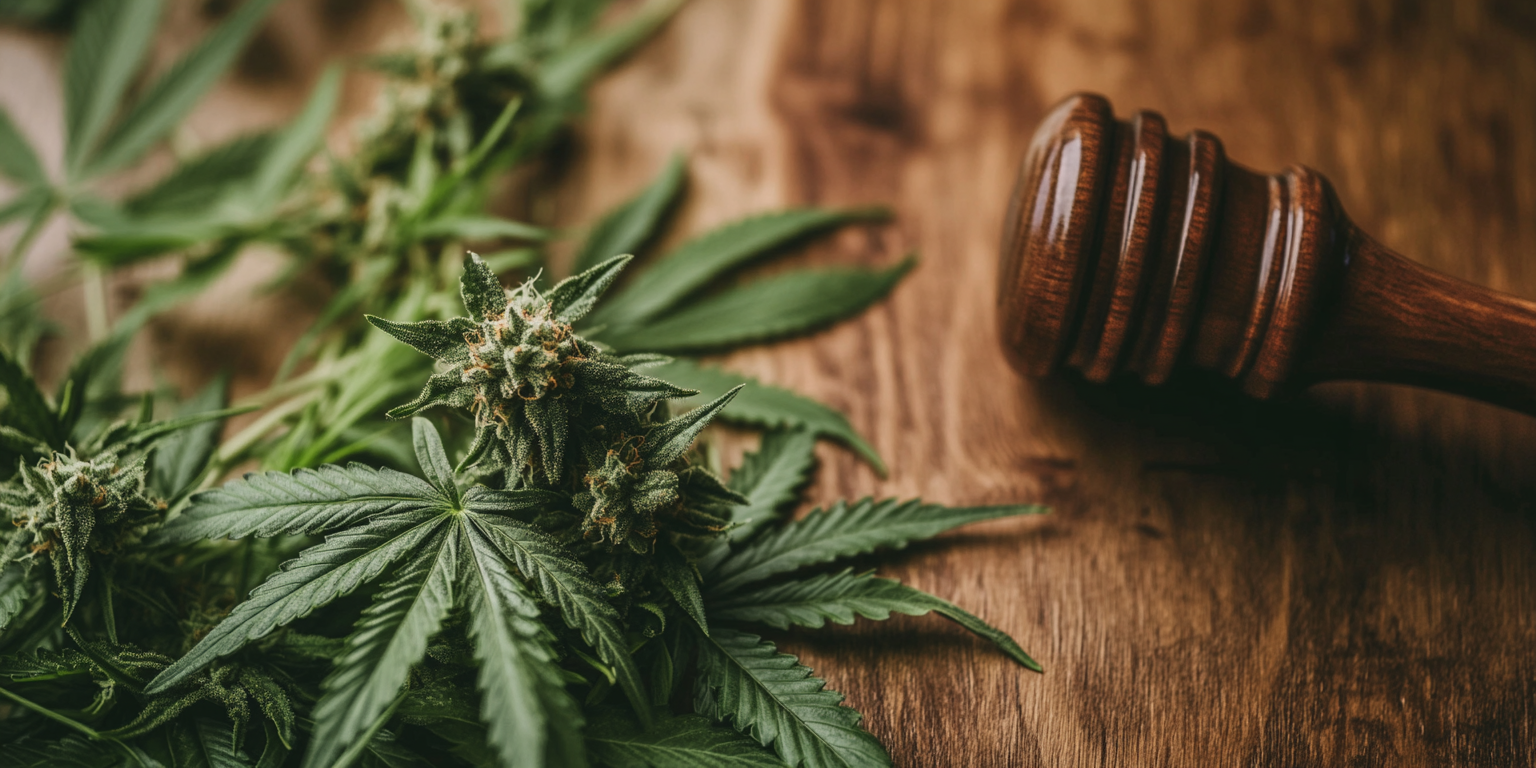DEA Proposes Rescheduling Cannabis to Schedule III
The Drug Enforcement Administration (DEA) has made a monumental decision in cannabis rescheduling that could reshape the landscape of cannabis policy in the United States. After more than half a century of categorizing cannabis alongside substances like heroin, the DEA is considering moving it to a less restrictive category under the Controlled Substances Act (CSA).

This proposal, echoing the recommendation of the U.S. Department of Health and Human Services (HHS), could see marijuana reclassified from Schedule I to Schedule III. Read more to find out what you should know about this potentially groundbreaking development.
Background: Cannabis’s Journey from Schedule I to Schedule III
Cannabis has long been stigmatized and criminalized at the federal level, labeled as a Schedule I substance under the CSA. This classification has implied that marijuana has no recognized medical value and poses a high risk of abuse. However, the landscape has evolved over time, with growing recognition of cannabis’s therapeutic potential and shifting attitudes toward its legality.
Rescheduling & The Cannabis Industry
If the DEA’s proposal is finalized, it could have significant implications for state-legal cannabis businesses. One key change would involve federal tax deductions, allowing marijuana firms to access benefits previously denied under IRS code 280E. This shift could provide much-needed financial relief and legitimacy to cannabis businesses operating within the bounds of state law.
Criminal Charges Not Absolved
While rescheduling can result in some favorable tax and banking reform for businesses, it will not change anything for those who are imprisoned for non-violent, cannabis-related crimes. We at Fairwinds recognize the significance of this change in our nation’s Controlled Substances Act as a step in the right direction which further invites us all to reevaluate cannabis. It doesn’t, however, allow for the release of cannabis prisoners nor any aid or relief to their affected families.
If you would similarly like to build off of the momentum that rescheduling has built, visit the social media and web pages of Non-Profit organizations such as Last Prisoner Project and B Noble by Fab 5 Freddy. See how you can further get involved to make progress towards descheduling and retroactively expunging cannabis-specific crimes across the nation.
Rescheduling Process and Timeline
The proposed rescheduling determination marks the beginning of a formal rulemaking process, as outlined in the Controlled Substances Act. Following publication in the Federal Register, the proposal will undergo review by the White House Office of Management and Budget (OMB) before opening up to public comment. While these steps represent progress, it’s important to note that moving cannabis to Schedule III does not equate to full legalization. Federal law would still prohibit cannabis-related activities, posing continued challenges for participants in state cannabis markets.
Scientific Basis and Advocacy Efforts
The DEA’s decision reflects a culmination of scientific review conducted by the U.S. Department of Health and Human Services. This review affirmed cannabis’s medical potential and relatively low risk compared to other controlled substances. The findings underscored the growing body of evidence supporting marijuana’s therapeutic benefits and its safe use under regulated medical programs.

Future Outlook: Rescheduling to Descheduling?
The DEA’s move comes amid mounting pressure from various quarters, including the Biden administration and congressional lawmakers. Advocates have urged swift action to correct the classification of marijuana, emphasizing the need to align federal policy with evolving public attitudes and scientific understanding. As the debate unfolds, stakeholders will continue to push for reforms that prioritize public health, social equity, and evidence-based policy.
In conclusion, the DEA’s proposal to reschedule marijuana represents a significant milestone in the ongoing evolution of cannabis policy in the United States. While challenges and uncertainties remain, this development signals a potential shift towards a more rational and science-based approach to regulating marijuana. As stakeholders engage in dialogue and advocacy, the future of cannabis legalization and regulation will undoubtedly shape the trajectory of public health and criminal justice in the years to come.
Running While High: Good or Bad?
Intro For as long as we’ve known, running and smoking has never been considered a good mix. (P
Cooking with THC Gains Popularity
Cooking with THC: Cannabis-Infused Cuisine For many, cannabis cuisine remains uncharted territory, f
Coffee and THC Drinks Are Now Both On The Rise
There are two moods: drinking a beverage to stay wired or drinking a beverage to help you relax. The





Leave a Reply